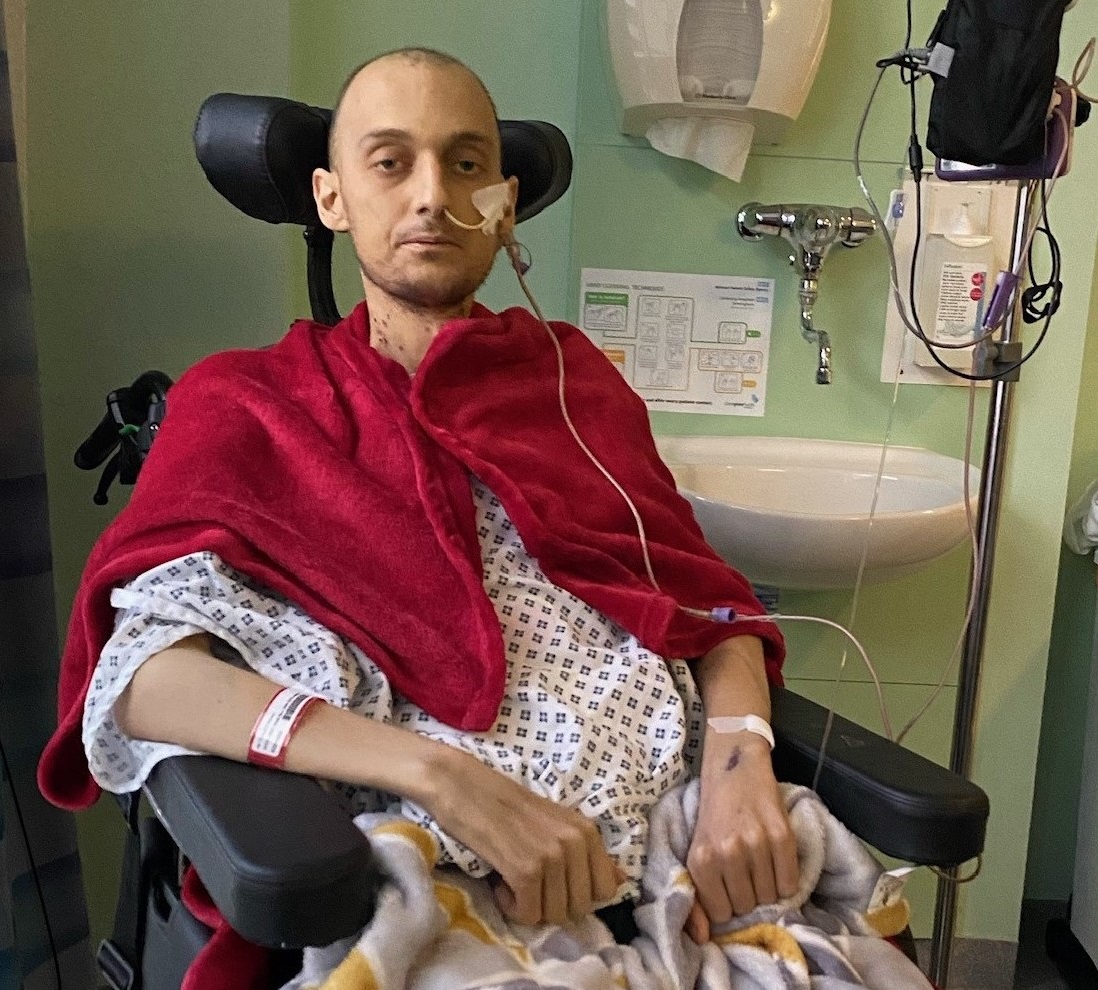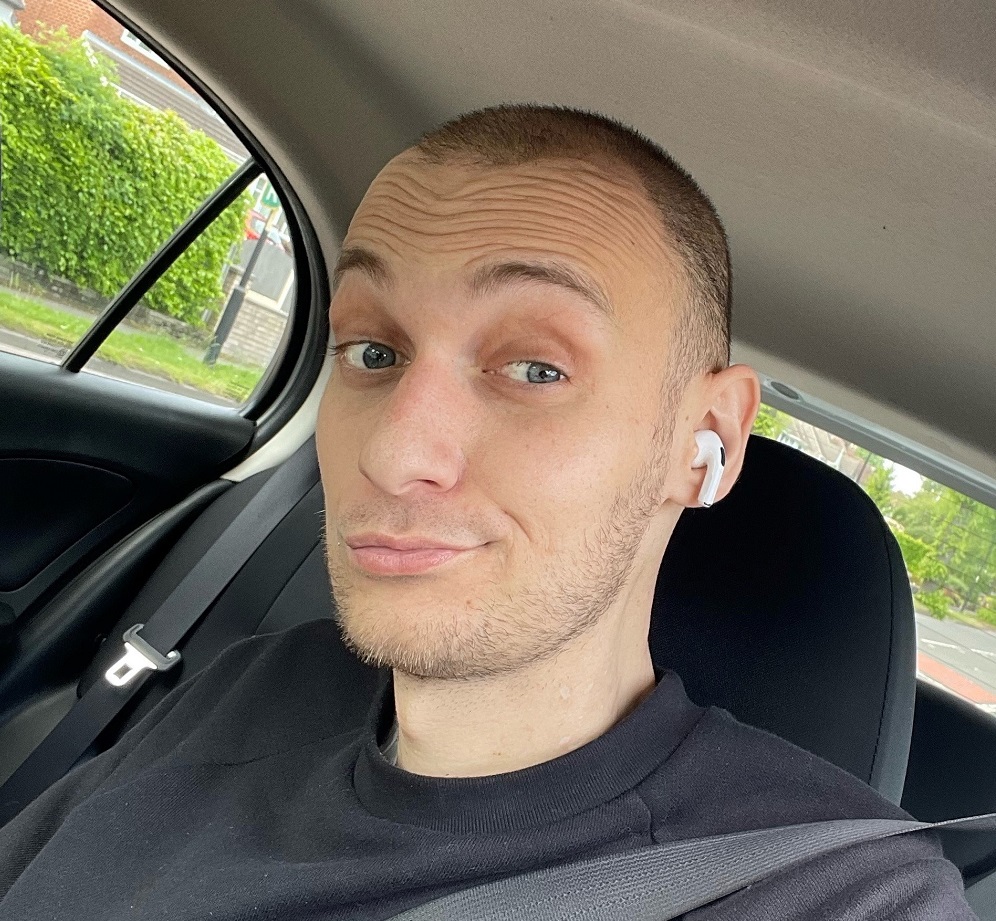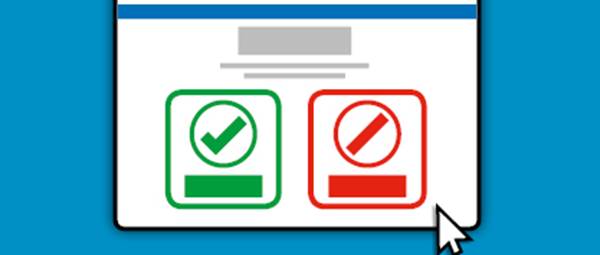NHS issues heartfelt plea for people to register their organ donation decision
Family consent rates dipped by 3% last year despite a rise in potential donor referrals
People are being urged to register or share their organ donation decision and make their loved ones know what they want to happen to them when they die, so that no opportunity to save a life is lost.
The latest annual figures published today by NHS Blood and Transplant (NHSBT) show that last year (2021/22), despite transplants increasing by 30% compared to the number completed during the first year of the pandemic (1), there are still thousands more waiting for a transplant.
The annual Organ Donation and Transplantation Activity Report shows that there are currently 6,393 people on the active transplant waiting list, with a further 3,990 temporarily suspended. (2) This is despite 4,324 patients successfully having the organ transplant they so desperately needed.
Sadly, 429 patients died waiting for their transplant compared with 525 in the previous year, a decrease of 18%. A further 644 were removed from the transplant list. Many of these patients would have died shortly afterwards.
Myles' story
Myles Tolley, aged 32 from Walsall in the West Midlands, considers himself one of the lucky ones. Myles, who suffered complications as a result of a blood clot when he was just 22, has incredibly received three liver transplants since 2019.
 Sadly, after a successful first transplant in November 2019, Myles went on to contract COVID-19 followed by sepsis which put him back in intensive care.
Sadly, after a successful first transplant in November 2019, Myles went on to contract COVID-19 followed by sepsis which put him back in intensive care.
This eventually led to him urgently needing a second transplant in June 2021, only for another bout of sepsis to lead him to require a third transplant that November.
He said: “The last ten years have been really hard, and I lost my 20’s to complications that arose from the blood clot although no cause for the blood clot was ever identified.
“I have had amazing support from my surgeon, hospital staff, family, friends and partner but it has been a tough journey. I have never met or heard of anyone becoming ill like this and never did I expect to have needed three transplants.
 “A lot of my family and friends now understand how important organ donation is and they have all joined the register.
“A lot of my family and friends now understand how important organ donation is and they have all joined the register.
“Now my health is improving, and I am feeling the best I have felt in a long time, my blood tests are all coming back really well, and l am getting stronger every day.
“I feel like I am living life, not just for me but for my three donors also – they all gave me the greatest gift and I want to honour them and live the best life I can.
“They give me motivation on the tough days and help me through. I have written letters to their families and will send on when I feel the time is right.”
A drop in consent rates
The number of families agreeing to donation at the point they were approached has dipped for the first time in almost a decade. 66% of families supported donation in 2021/22 compared to 69% in 2020/21.
It is not immediately clear why the consent rates have dropped, but it’s important to note that the challenges of the pandemic continue to impact both hospitals and families, with many relatives over the past year still not able to be in hospital with their loved ones.
100 families said they declined to support donation due to the length of the process, which may in part reflect the challenges of COVID-19.
In total, 605 families declined to support organ donation, for reasons other than knowing that their relative didn’t wish to be a donor. Reasons given included, not knowing what their loved one wanted, the family not believing in donation or being divided over what their loved one would have wanted.
With each donor donating an average of three organs, it is estimated that this could equate up to 1,815 missed opportunities for transplant.
Families were far more likely to support donation when they already knew it was what their relative wanted. More than 92% of families honoured their family member when the donor had either proactively registered their decision to donate on the NHS Organ Donor Register or spoken with their family.
In 92 out of the 605 family refusals, the patient had registered or expressed their decision to be a donor, which the family then overruled. (3)
Anthony Clarkson, Director of Organ Donation and Transplantation at NHS Blood and Transplant, said: “Organ donation and transplantation is a fundamental part of the NHS work to save lives. This is shown by the increase in the number of patients this year receiving transplants and the number of those who are continually registering their decision to be an organ donor.
“Sadly though, hundreds of people are still dying unnecessarily every year waiting for transplants. We know that if everyone who supported donation talked about it and agreed to donate, most of those lives would be saved.
“We need families to support their loved one’s decision and agree to donation when approached if they know that’s what they wanted. Last year, 3% fewer families agreed to do that when they were asked than the year before which may be due to a range of factors including the challenges of the pandemic.
“Whatever the reason, we need to encourage people to register their decision and discuss it with their families as organ donation really does save lives.”
There are currently more than 30 million people in the UK who have registered their organ donation decision on the NHS Organ Donor Register with more than 27 million of them explicitly agreeing to be an organ donor when they die, but this still only represents around 44% of the UK population.
Even though the law around organ donation has now changed to an ‘opt out’ system across England, Scotland and Wales, family members will still always be consulted before organ donation goes ahead. This means it is still just as important as ever to register your decision on the NHS Organ Donor Register and ensure your friends and family know what you want.
Tackling health inequalities
A number of community projects across England have received a share of £440,000 funding as part of the Government’s commitment to tackle health inequalities in Black and Asian communities and address the urgent need for more lifesaving organ donors from these backgrounds.
Health and Social Care Secretary Steve Barclay said: “It’s vital as many people as possible consider becoming an organ, blood or stem cell donor and this funding will make a real difference, giving more people the chance of a life-saving donation.
“We especially need those from Black, Asian and other ethnic minority backgrounds to come forward as they often have to wait significantly longer for a successful match due to a shortage of suitable donors - with a 50% fall in living donors from these backgrounds over the last five years.
“Talking openly about organ donation with your loved ones is important, and I’m proud this scheme is using trusted voices and community organisations to start more conversations, helping us save more lives.”
You can register your organ donation decision online, by calling 0300 123 23 23 or through the NHS app.
Pictures
- Myles Tolley in hospital
- Myles post transplant
Notes
- In 2021/22, there was a 18% increase in the number of deceased donors to 1,397 and the total number of patients whose lives were potentially saved or improved by an organ transplant increased by 27% to 4,324
- This is mostly due to increases in the kidney and liver transplant lists, where non-urgent patients have been reactivated. There have also been more patients added to the transplant lists since the pandemic.
- An expressed ‘opt in’ decision override is a case where the family overruled their loved one's known decision to donate and includes decisions registered on the ODR, those expressed verbally (with the exception of verbal expressions in Scotland which are reported as a deemed authorisation), or those expressed via an appointed/nominated representative.

